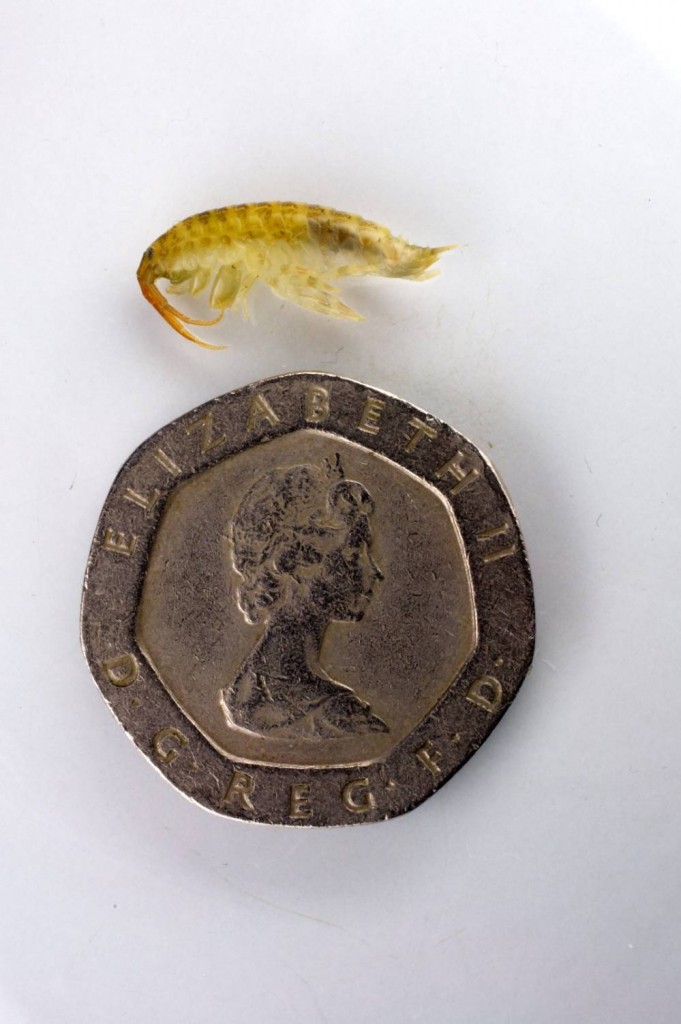Help stop the spread of killer shrimp
New advice for water users to help stop the spread of non-native species
November 18, 2011
The Department of Environment, Food and Rural Affairs (DEFRA) has recently launched its Check-Clean-Dry campaign to help stop the spread of aquatic invasive non-native species.
This is very relevant for anyone participating in recreational watersports as a number of inland reservoirs were threatened with closure last year due to the presence of non-native 'killer shrimp' in their waters, which is just one of the species subject to concern. By implementing special measures they were able to remain open.
An invasive species is one that is 'non-native' (or alien) to the ecosystem under consideration and whose introduction causes or is likely to cause economic or environmental harm or harm to human health, as defined by the National Invasive Species Information Centre.
DEFRA says: "Invasive non-native species can have a damaging impact on British plants, animals and ecosystems. They can spread disease, prey on native species and compete with them for food and living space.
"Plants that grow quickly can block waterways, while some animals can destroy riverbanks. What's more, dealing with the problem of non-native species can be very expensive. If you are a water user, you may unknowingly be helping to spread invasive species from one water body to another in equipment, shoes and clothing."
You can help protect the water sports you love by following three simple steps when you leave the water:
Check you're not carrying living organisms
Check your equipment and clothing for living organisms
Pay particular attention to areas that are damp and hard to inspect
Clean all equipment, clothing and shoes
Clean and wash all equipment, footwear and clothes thoroughly
If you do come across any organisms, leave them at the water body where you found them
Dry equipment and clothing carefully
Dry all equipment and clothing - some species can live for many days in moist conditions
Make sure you don't transfer water elsewhere
Dry all equipment and clothing - some species can live for many days in moist conditions
Make sure you don't transfer water elsewhere















